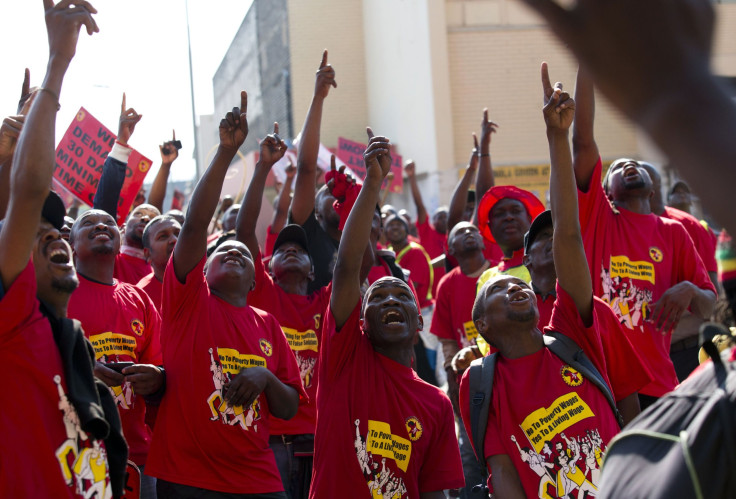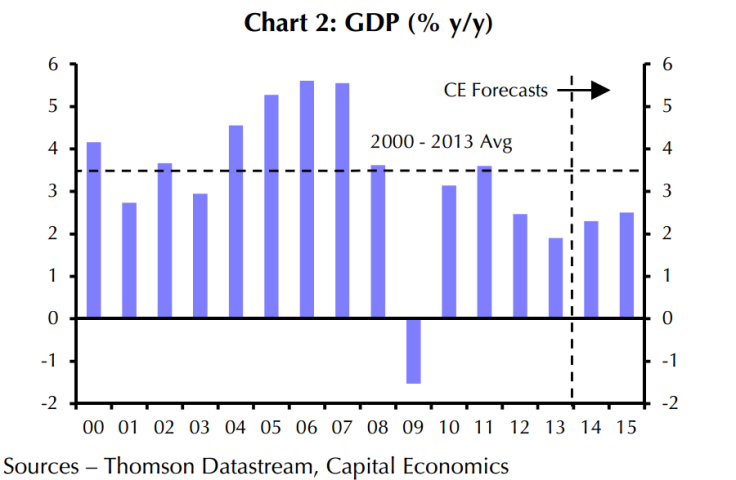South Africa Metalworkers Begin Strike, Inciting Economic Fears

As one massive strike ends, another has begun-- and the economists are worried.
Just under a week after South African miners ended a historic strike that cost companies millions and crippled the nation’s economy, thousands of metalworkers across the country have started another strike over pay rates.
South Africa’s Finance Minister Nhlanhla Nene is already concerned. “The only thing we can do to find each other is to appeal for these to be resolved much more quickly, in an amicable way,” he said, according to a Bloomberg report.
The National Union of Metalworkers of South Africa (NUMSA), the biggest union in the country, is requesting a 10 percent wage increase, according to Bloomberg. Originally, the union demanded a 15 percent increase, and then dropped it to 12, and finally 10, while employers offered the option of an 8 percent increase over the first year of a three-year deal.
Roughly 220,000 staff members at Bell Equipment Ltd. (JSE:BEL), Evraz highveld Steel and Vanadium Ltd. (JSE:EHS) and Aveng Ltd. (JSE:AEG)’s steel unit have stopped working indefinitely.
South Africa's economy, now the second-largest on the continent, contracted 0.6 percent in the first quarter this year, largely thanks to striking mineworkers from Anglo American Platinum Ltd. (JSE:AMS) Lonmin PLC (JSE:LON) and Impala Platinum Holdings Ltd. (JSE:IMP.)

© Copyright IBTimes 2025. All rights reserved.






















